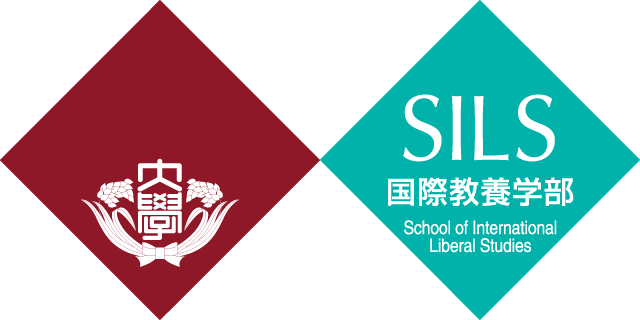[SILS Faculty Seminar] The Janus Face of Higher Education Internationalization: Considering Curriculum, Instruction, & Student Ethnocentrism.
![[SILS Faculty Seminar] The Janus Face of Higher Education Internationalization: Considering Curriculum, Instruction, & Student Ethnocentrism.](https://www.waseda.jp/fire/sils/assets/uploads/2021/03/Waseada_SILSLogo-e1615177993488.jpg)
- Posted
- Thu, 19 Jan 2023
- Lecturer: SPERO, Thatcher Austin
*Lecturer Information: https://w-rdb.waseda.jp/html/100002114_en.html - Title: The Janus Face of Higher Education Internationalization: Considering Curriculum, Instruction, & Student Ethnocentrism.
- Day and Time: January 19 ,2023 6:30pm-
- Abstract:
As the concept of global citizenship has gained increasing interest over the past few decades, more and more universities have adopted this concept in association with their expanding internationalization efforts. Although there are many types of rationales for higher education internationalization activities (e.g. economic, political, academic, etc.), its socio-cultural outcomes tend to be presupposed. It is simply assumed that having more internationally diverse faculty and student populations and international study exchanges will inevitably result in positive transformations of students which will “spill over” into society at large, such as the development of international understanding, tolerance for cultural difference, and appreciation of diversity. However, prior research in this area shows that in reality international and intercultural contact does not necessarily lead to such results, and in fact it can have the exact opposite effect. One way to assess the outcome of international/intercultural contact is by measuring changes in ethnocentric thinking, which can roughly be defined as judging other cultures by one’s own cultural standards and possessing a sense of cultural superiority. For my research, I utilized the 22-item Revised Ethnocentrism Scale psychometric instrument designed by Neuliep & McCroskey (derived from the popularly used Generalized Ethnocentrism Scale) to gather participant self-reported data during a 2-year period from over 250 SILS students in their 1st through 4th year of study at university.Through this study I sought to provide insight into one crucial quantifiable outcome by which we might assess the efficacy of our current educational efforts and gain guidance for those in the future. By explaining the results of this study and examining factors that might be influencing these results, I intend to explore the various barriers to and opportunities for strategically altering teaching and learning towards the deliberate reduction of ethnocentrism in SILS students. In doing so, I hope that this seminar presentation will provide a space for collective reflection and rich discussion amongst our faculty community to support the current reshaping of our learning outcomes and assessment policy, as well as to further position SILS as a central contributor to Waseda University’s Mission focused on global citizen cultivation, the university’s ongoing internationalization efforts, and the Waseda Vision 150 goals.
